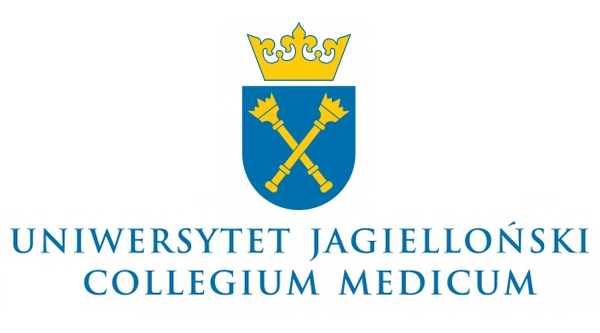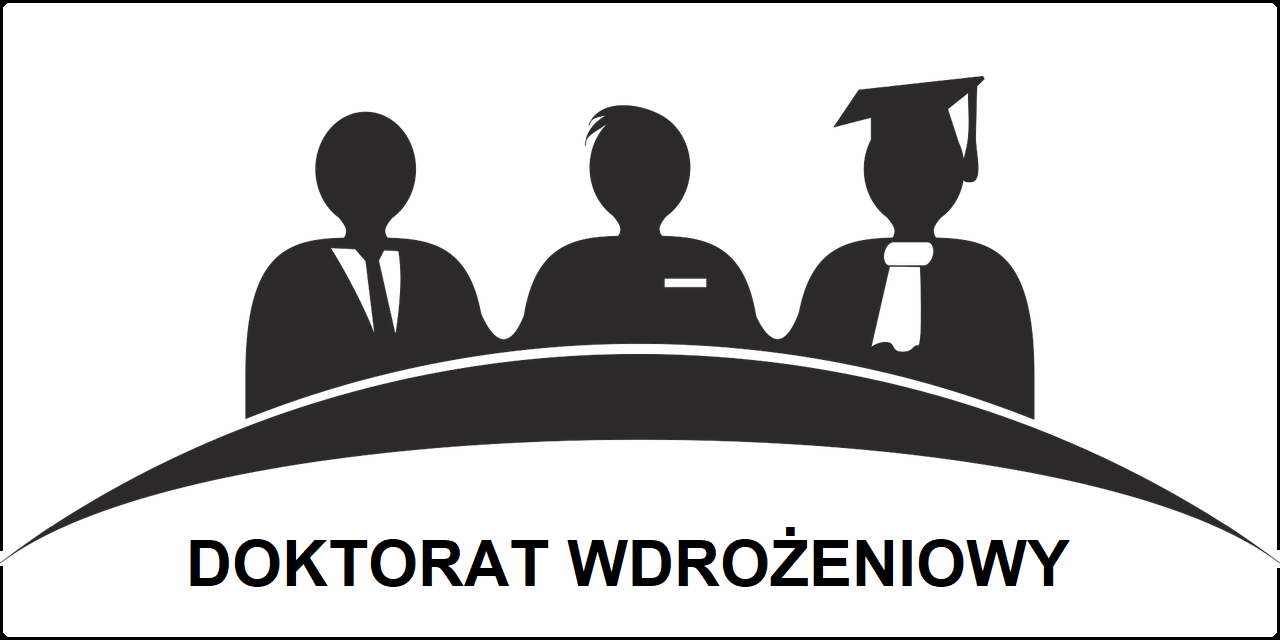Research groups
Infectious Animal diseases group
dr hab. wet. Zbigniew Arent profesor UR
Kierownik Ośrodka Medycyny Eksperymentalnej i Innowacyjnej
Koordynator dyscypliny: weterynaria
Uniwersyteckie Centrum Medycyny Weterynaryjnej
adres: ul. Rędzina 1C, 30-248 Kraków
telefon: 12 431 66 48
Team members
dr Laura Pardyak laura.pardyak(a)urk.edu.pl
lek. wet. Klaudia Dubniewicz klaudia.dubniewicz(a)urk.edu.pl
lek wet. Urszula Bracha urszula.bracha(a)urk.edu.pl
Research
However, no study has examined gene expression by Hardjobovis and Hardjoprajitno, which are adapted to cattle and others not adapted serovars which can cause incidental infection of cattle. RNA-Seq technology can be used to compare the transcriptome of different Leptospira serovars both adapted and non-adapted to cattle cultivated in vivo to the same strains cultivated in vitro.
Currently we are working on the project funded by NCN:
What makes Leptospira spp. pathogenic? Comparative genome and transcriptome analysis of two species Leptospira interrogans and borgpetersenii in vitro and in vivo using sheep as animal model.
Genetics and genomics research group
Group leader
dr hab. inż. Artur Gurgul profesor UR
Ośrodek Medycyny Eksperymnetalnej i Innowacyjnej
adres: ul. Rędzina 1C, 30-248 Kraków
telefon: 12 431 66 38
e-mail: artur.gurgul(a)urk.edu.pl
Team members:
dr Tomasz Szmatoła tomasz.szmatola(a)urk.edu.pl
dr Igor Jasielczuk igor.jasielczuk(a)urk.edu.pl
The Molecular Genetics Laboratory is a research unit established to carry out research in the field of molecular genetics and computational genetics / genomics. The equipment of the laboratories allows for all tests based on the PCR technique and real-time qPCR. The laboratory also offers support in the planning and preparation of the first stages of various types of experiments (RNA-Seq, DNA-Seq, Methyl-Seq, RRBS, miRNA-Seq and others) using the next generation sequencing method (commercially performed). An important part of the Laboratory's activity is biostatistical analysis conducted at various levels of gene and genome organization. Laboratories' employees have the appropriate knowledge and have the necessary infrastructure to carry out calculations based on large-scale genetic data, including data from next-generation sequencing as well as genotyping and expression microarrays. In addition to basic laboratory work, our activities are able to provide scientists from various fields with support and easy implementation of modern, large-scale genetic analyzes in their research - from planning experiments to assisting in the interpretation of the obtained results.
Research issues carried out by the employees of the Laboratory:
- issues in the field of popoulation genetics and genomics
- issues in the field of transcriptomics and epigenomics
- issues in the field of de novo sequencing and assembly of genomes and transcriptomes (including bacterial)
- issues related to the identification and analysis of the structure and variability of genomes
- data analysis from high-throughput molecular genetics techniques (genotypic and expression microarrays, RNA-Seq, DNA-Seq, Methyl-Seq, RRBS, miRNA-Seq, microbiome sequencing and metagenomics)
- statistical analysis in biological experiments
Molecular animal endocrinology group
Group leader
dr Piotr Pawlicki
adres: ul. Rędzina 1C, 30-248 Kraków
telefon: 12 431 66 48
e-mail: piotr.pawlicki(a)urk.edu.pl
Team members:
Our research focuses on cellular and molecular regulation of the endocrine glands with special emphasis on hormonal regulation of the male reproductive system in health and disease. Reproductive tissues and cells (e.g. Leydig cells, spermatozoa) are analyzed to reveal fertility disruption causes.
We are interested in histopathology (e.g. hyperplasia, tumorigeneses, fibrosis), cell ultrastructure and molecular status including mRNA, protein expressional patterns, cell signaling (e.g. via non-classical estrogen receptors) and cellular processes (e.g. senescence, autophagy). For the research we utilize animal (e.g. boar, horse dog, rodents) and human tissues obtained from medical clinics. We use in vivo and in vitro (cell lines, primary cultures) systems and a wide range of laboratory techniques: RNA sequencing, siRNA transfection, Western blot, immunohistochemistry, immunoassays, cell imaging techniques (e.g. light and electron microscopies), morphometry.
Recombinant Protein group
Group leader
dr inż. Ewa Ocłoń
Ośrodek Medycyny Eksperymnetalnej i Innowacyjnej
adres: ul. Rędzina 1C, 30-248 Kraków
telefon: 12 431 66 38
e-mail: ewa.oclon(a)urk.edu.pl
Team members:
dr inż. Mirosław Kucharski miroslaw.kucharski(a)urk.edu.pl
The Laboratory of Recombinant Proteins Production (LRP) focuses on producing recombinant proteins in Escherichia coli. Briefly, we perform codon optimization, gene subcloning in a high producing expression vectors, transformation of the plasmid into various bacterial strains, and evaluation protein expression conditions (strains, induction time, temperature, etc). To purifying protein we us the ion-exchange or gel filtration chromatography. Functionality of the proteins is validated by cell culture testing










